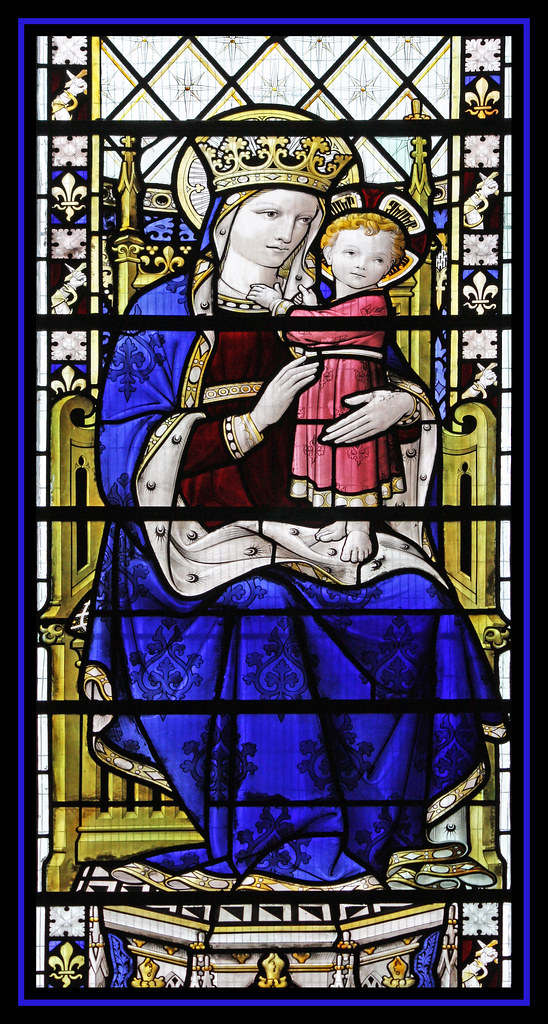REDEMPTION PLAN THROUGH JESUS’ HUMANITY AND DIVINITY
THE SEED
“But when the set time had fully come, God sent his Son, born of a woman, born under the law, to redeem those under the law, that we might receive adoption to sonship.” Galatians 4:4–5
Many people feel distant from God, thinking He could never understand their struggles. But when we come to know Jesus; fully God and fully human; we realise that He experienced pain, temptation, and loss just like we do. His divinity makes Him the perfect Saviour, and His humanity makes Him the perfect mediator. This powerful truth helps us understand why only Jesus could redeem us. When we embrace His sacrifice by faith, we can rest in the assurance that He walked in our shoes to bring us back to God. Humanity’s sin separated us from God, and the law required a blood sacrifice for forgiveness, yet animal sacrifices were insufficient. At the appointed time, God sent His Son, born as a human under the law, to offer the perfect, sinless sacrifice and fulfil the requirement for our redemption (Galatians 4:4–5). Jesus’ humanity allowed Him to empathise with our struggles. He became our advocate, fully understanding our weaknesses and emotions. Salvation depends on both His divinity and humanity. He had to be fully God to conquer sin and fully human to represent us. Accepting Jesus as Lord and Saviour is essential for redemption. Are you still rejecting His offer of sonship? Whether things are going well for you or not, there is an end to this life. Where will you spend eternity when this world passes away?
BIBLE READING: Galatians 4:1–7
PRAYER: Lord, help me to walk in the freedom and identity You have given me. Fill me with Your Spirit so that my life reflects the inheritance I have in You.
ÈTÒ ÌRÀPADÀ NÍPASẸ̀ ẸDA ÈNÌYÀN ÀTI AT’OKEWA TI JESU
IRUGBIN NAA
“Ṣùgbọ́n nígbà tí àkókò tí a yàn dé, Ọlọ́run rán Ọmọ rẹ̀, tí a bí nípasẹ̀ obìnrin, tí a bí lábẹ́ òfin, láti ra àwọn tí ó wà lábẹ́ òfin padà, pé kí a lè gba ìsọdọmọ.” Galátíà 4:4–5.
Ọ̀pọ̀ ènìyàn ní ìmọ̀ pé wọ́n jìnnà sí Ọlọ́run, wọ́n rò pé kò lè mọ ìṣòro wọn. Ṣùgbọ́n nígbà tí a bá mọ Jésù; Ọlọ́run ní kíkún àti ènìyàn ní kíkún; a mọ̀ pé ó ní ìrírí ìrora, ìdánwò, àti pípòfo gẹ́gẹ́ bí àwa. Iṣẹ́ òrìṣà rẹ̀ ṣe é ní Olùgbàlà pípé, ẹ̀dá ènìyàn rẹ̀ sì ṣe é ní alágbàwí pípé. Òtítọ́ agbára yìí ràn wá lọ́wọ́ láti mọ ìdí tí Jésù nìkan lè ràá wá padà. Nígbà tí a bá gba ẹbọ rẹ̀ pẹ̀lú ìgbàgbọ́, a lè sinmi nínú ìdánilójú pé ó rìn ní bàtà wa láti mú wa padà sí ọ̀dọ̀ Ọlọ́run.
Ẹ̀ṣẹ̀ ènìyàn ya wa kúrò lọ́dọ̀ Ọlọ́run, òfin sì béèrè fún ẹbọ ẹ̀jẹ̀ fún ìdáríjì, ṣùgbọ́n àwọn ẹbọ ẹranko kò tó. Ní àkókò tí a yàn, Ọlọ́run rán Ọmọ rẹ̀, tí a bí gẹ́gẹ́ bí ènìyàn lábẹ́ òfin, láti fi ẹbọ pípé, aláìlẹ́ṣẹ̀ sílẹ̀ kí ó sì mú àwọn ìbéèrè fún ìràpadà wa ṣẹ (Galátíà 4:4–5). Ẹ̀dá ènìyàn Jésù fún un láyè láti bá ìṣòro wa dá ọ̀rẹ́. Ó di aláṣẹ wa, ó ní òye àṣìṣe àti ìmọ̀lára wa ní kíkún. Ìgbàlà dá lórí iṣẹ́ òrìṣà àti ẹ̀dá ènìyàn rẹ̀. Ó ní láti jẹ́ Ọlọ́run ní kíkún láti ṣẹ́gun ẹ̀ṣẹ̀ àti ènìyàn ní kíkún láti ṣe aṣojú wa. Gbígba Jésù gẹ́gẹ́ bí Olúwa àti Olùgbàlà jẹ́ pàtàkì fún ìràpadà. Ṣé o ń kọ ìfúnni ìsọdọmọ rẹ̀ síbẹ̀? Yálà àwọn nǹkan ń lọ dáradára fún ọ tàbí kò rí bẹ́ẹ̀, òpin wà fún ayé yìí. Níbo ni o máa lọ gbé òpin ayé ìgbà tí ayé yìí bá kọjá lọ?
BIBELI KIKA: Galátíà 4:1–7.
ADURA: Olúwa, ràn mí lọ́wọ́ láti rìn nínú òmìnira àti ìdánimọ̀ tí O ti fún mi. Fi Ẹ̀mí Rẹ kún mi kí ayé mi lè fi ogún tí mo ní nínú Rẹ hàn.
